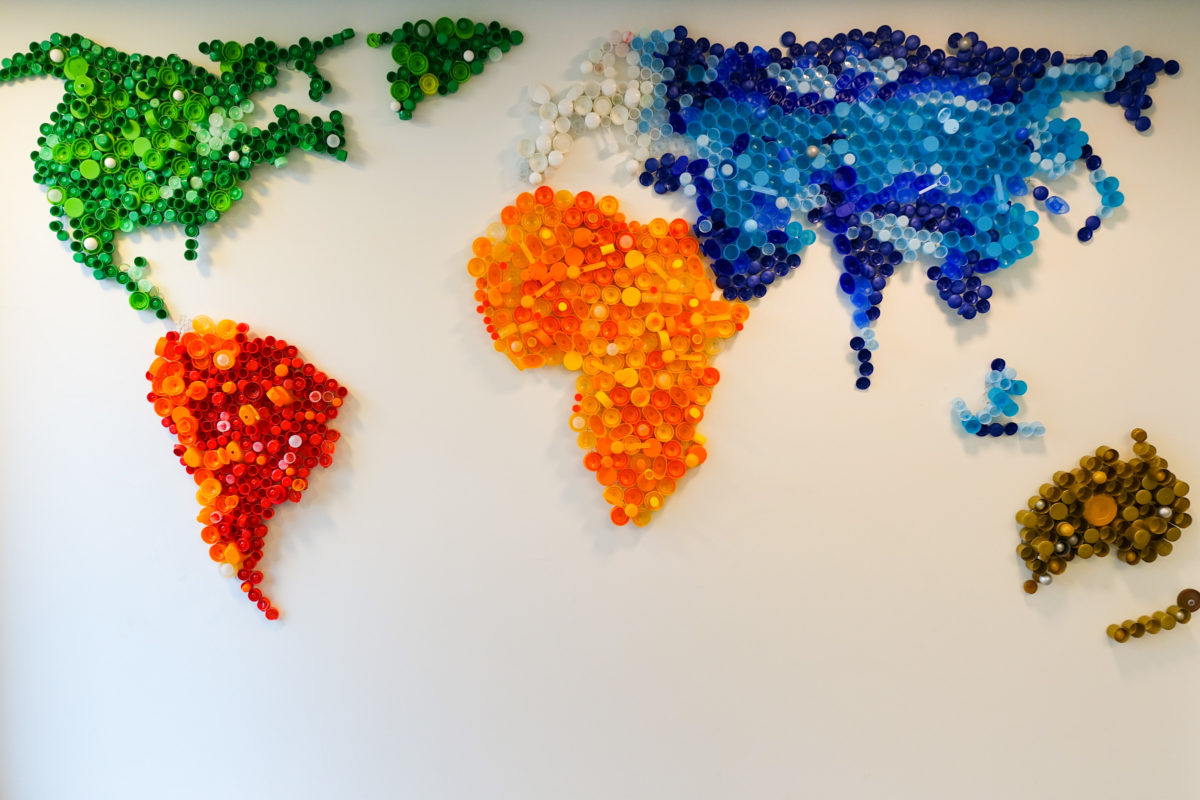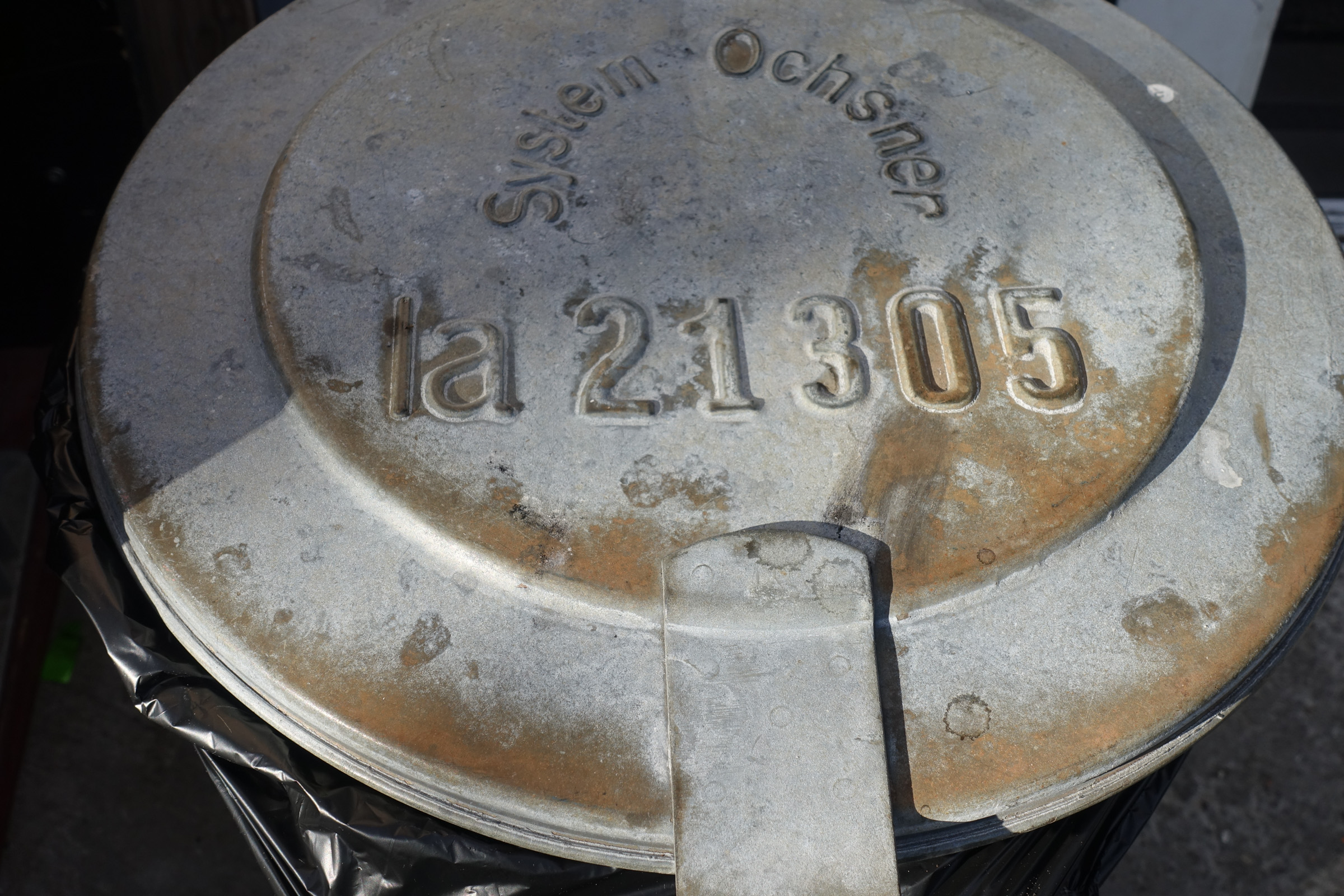Meinungsfreiheit
Sollen wir nun CO2 einsparen (Klimaerwärmung), die Probleme rund um Mikroplastik im Meer, oder den gigantischen Foodwaste angehen? Oder alle drei? Unglücklicherweise vermeidet Kunststoffverpackung sehr effizient Foodwaste, kann aber im Meer landen. Alternative Packstoffe sind oft keine Option, weil deren CO2-Bilanz viel schlechter ist. Die Herstellung der Lebensmittel produziert schliesslich viel mehr CO2 als jene der schützenden Verpackung. Hier sind wissenschaftliche Antworten gefragt, keine Meinungen.
Should we now reduce CO2 (global warming), address the problems concerning micro-plastics in the sea or the gigantic food waste? Or all three? Unfortunately, plastic packaging very efficiently avoids food waste, but can end up in the oceans. Alternative packaging materials are often not an option because the CO2 balance is much worse. After all, the production of the food produces much more CO2 than that of the protective packaging. Scientific answers are needed here, not opinions.

